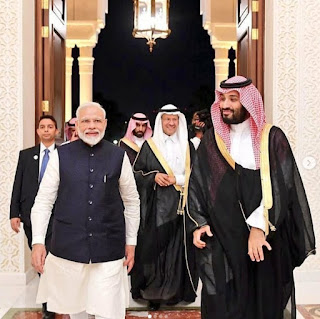 |
The march is making its way from city to city and has crossed Rawalpindi, Lahore and is now on its way to Islamabad where it will be witnessing a culmination of the final march that is to take place in Islamabad. The march is also supported by other prominent opposition parties like the Pakistan People's Party and the Pakistan Muslim League (N). reports suggest that Shehbaz Sharif has assured full cooperation to Fazlur Rahman who is leading that march.
There is over 21,000 security personnel Likely to be deployed around Islamabad for this Azadi March. This includes personnel from Punjab Police Islamabad police. The Azadi March caravan will be stationed in Rawalpindi tonight and will entre Islamabad tomorrow.
Clearly worried Imran Khan has said, the Government will not create any hurdles in the march as long as participants follow the law but have warned of strict action if the agreement signed with his negotiation team is violated.
The Pakistan government is still mulling over well whether or not it should call in the army to contain the protesters. The Imran Khan government has expressed concern that some participants of the Jamiat Ulema-e-Islam which is leading the protest are carrying prohibited arms and that's a claim that has been disputed by the protesters.
Meanwhile addressing the marchers in Lahore Rahman said that Pakistanis from Karachi to Islamabad were in agreement that Imran Khan should step down. But most of the Pakistani media has been forced to blackout the march and the coverage of the protest march have been limited.
The government claims that Fazul Rahman is promoting religious bigotry as the marchers have been chanting slogans against the Ahmadi community in Pakistan. While they are progressing towards Islamabad now the Jamiat Ulema-e-Islam has also banned its women party members from participating in the march.
Meanwhile, there are reports that petroleum dealers are being pressurized to keep their businesses shut or refrain from supplying fuel to participants riding in cars, vans or trucks. Comparisons have also been drawn between this Azadi March led by Maulana Fezlur Rahman and Imran Khan's own massive rally in 2014 which was main contributing factor in the downfall of the then Prime Minister Nawaz Sharif.
















